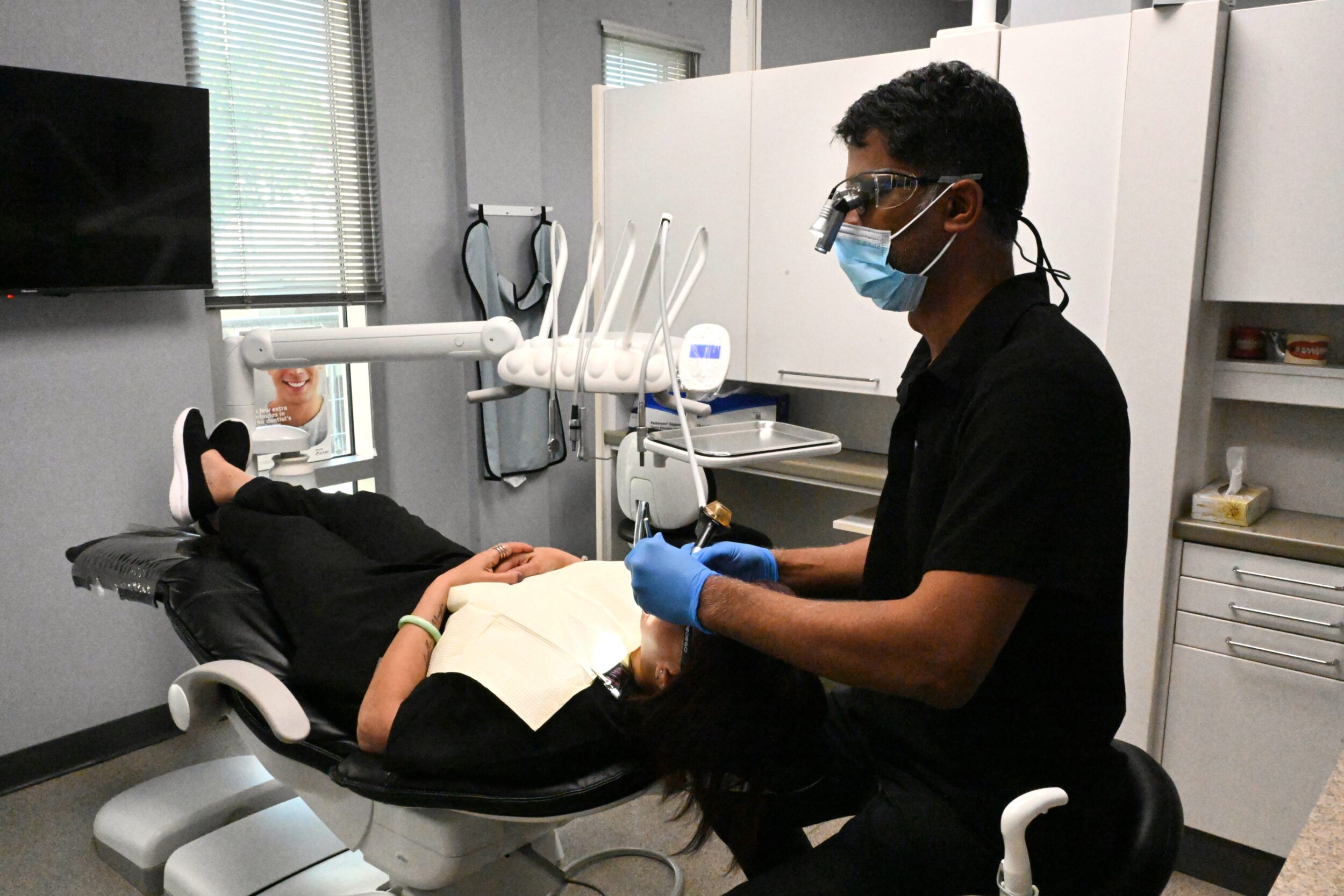How To Prevent Cavities
Children all over the world suffer from childhood cavities, also known as childhood tooth decay and childhood caries. The two main causes of cavities are poor dental hygiene and sugary diets.
A cavity can be extremely painful, and if left untreated, may result in tooth decay and childhood periodontitis. To prevent cavities and maintain good oral health, make sure your kid eats a balanced diet, follows a good oral care routine at home, and sees the pediatric dentist biannually.

How are cavities caused?
Sugary foods are regularly consumed by children, resulting in the formation of cavities on their teeth. After eating, sugars and carbohydrates (such as those found in white bread) accumulate on and around the teeth. As a result, a sticky film (plaque) forms on the enamel of the teeth. Plaque contains oral bacteria that continuously consume sugar particles and produce acid. Initially, the acid attacks the enamel of the teeth, weakening them and making them susceptible to decay. In the event that the condition is allowed to deteriorate, the acid begins to penetrate the enamel of the tooth and erode the inner structure of the tooth.
In spite of the fact that primary (baby) teeth are eventually lost, they perform a number of important functions and should be protected. Ideally, children should brush and floss twice a day, and visit the dentist biannually for cleanings. Pediatric dentists sometimes coat teeth with sealants and give fluoride supplements to boost tooth enamel.
If my child has a cavity, how will I know?
There is a difference between having a large cavity that is excruciatingly painful and having a tiny cavity that is not felt at all. Adding to the difficulty, cavities can sometimes form between the teeth, making them invisible to the naked eye. A dentist’s trained eye and dental X-rays help spot even the tiniest cavities so they can be treated before they worsen.
Cavities can cause the following symptoms:
- Sensitivity to cool or warm foods
- Crying and waking up at night
- Pain
- Spicy food sensitivity
- Having a toothache
A pediatric dentist should be consulted if a child experiences any of these symptoms. If this is not done, the problem will likely worsen, the child will experience pain, and the tooth may be irreparably damaged.
What can I do at home to prevent cavities?
Visiting the pediatric dentist biannually is only one part of the battle against cavities. To prevent cavities, follow these guidelines:
- Diet analysis –
Cavities can be accelerated by eating too many sugary or starchy snacks. Sugary snacks like candy should be replaced with natural foods, and soda should be replaced with water. - Reduce snacking –
Too frequent snacking can expose teeth to sugar unnecessarily. Sugar and starch should be saved for mealtimes, when the child produces more saliva, and for drinking water. Make sure they drink enough water to keep their teeth clean. - Lose the sippy cup –
Sippy cups have been linked to “baby bottle tooth decay” when they are used beyond the intended age range (approximately twelve months). With each sip, a small amount of liquid is released, causing sugary liquid to continually flow around the teeth. - Stay away from stickiness –
Plaque forms quickly on sticky foods (like toffee), and is extremely difficult to remove. Try to avoid them as much as possible. - Pacifiers should be rinsed –
It is possible to transmit oral bacteria from a mother or father to a child. Avoid contaminating the baby’s mouth by rinsing a dirty pacifier with running water rather than sucking on it.
- Drinks before bedtime –
Putting a child to bed with a bottle or sippy cup is not a good idea. Basically, milk, formula, juice, or sweetened water sits on teeth all night, attacking enamel and resulting in cavities. Make sure the child has a last drink before going to bed, and then brush their teeth. - Pacifiers should not be sweetened –
It is not uncommon for parents to dip pacifiers in honey in order to calm a cranky child. Please do not succumb to this temptation. A blanket, a toy, or a hug can be used to calm the child instead. - Brush and floss –
It is recommended that parents brush and floss their child’s teeth twice a day until the child reaches the age of seven years old. It was difficult for children to effectively brush their teeth before this time. - Fluoride levels should be checked –
The right use of fluoride can strengthen tooth enamel and prevent cavities. Fluoride can damage teeth when it is administered in excess or insufficient amounts, so you should have your pediatric dentist assess the fluoride level in your mouth. - Keep to appointments –
According to the American Academy of Pediatric Dentistry (AAPD), a child’s first dental visit should be scheduled around his or her first birthday. Maintain a regular appointment schedule to maintain a healthy smile.
Please contact your pediatric dentist with any questions or concerns about cavity prevention.